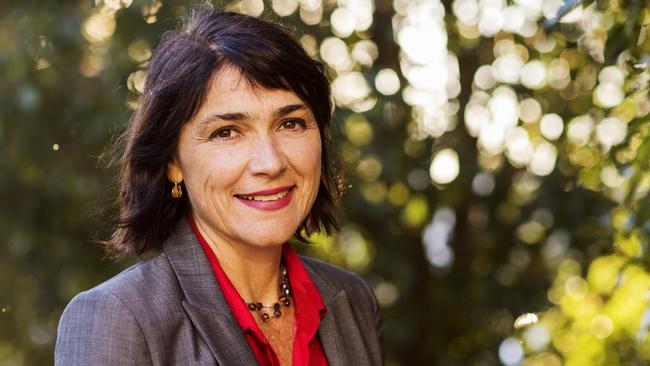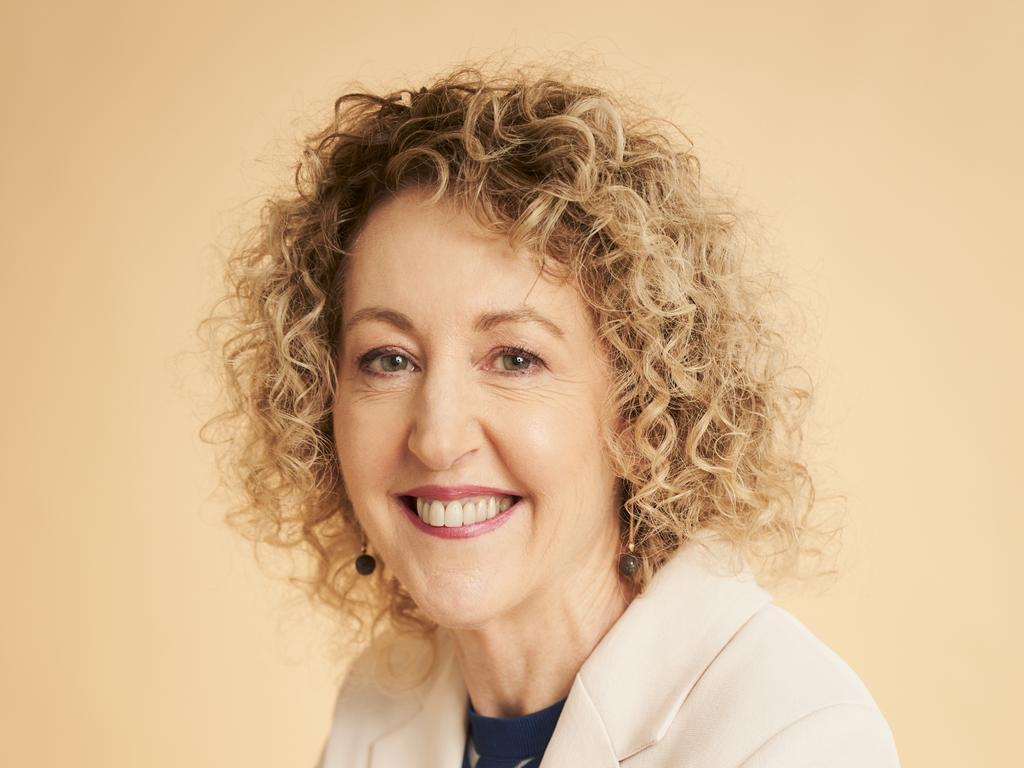Sex Discrimination Commission to be given similar powers to Fair Work Ombudsman to stamp out harassment
Australia’s newly-appointed Sex Discrimination Commissioner Anna Cody has warned companies will face tough ‘remedial action’ if they don't proactively prevent sexual harassment and discrimination in the workplace.

Australia’s newly appointed Sex Discrimination Commissioner, Anna Cody, says companies will face tough consequences if they don’t proactively prevent sexual harassment and discrimination in the workplace.
Under changes introduced by former commissioner Kate Jenkins, businesses will from December face a positive duty to eliminate unlawful behaviour, including harassment, discrimination and any “related acts of victimisation”.
Dr Cody – a former academic and lawyer – said the commission would for the first 12 months of the laws being in place focus on educating employers, before deciding on consequences to be enforced should they breach the new laws.
“We’re still working out what that will actually mean but generally when an organisation doesn’t comply with legislation, then there will be consequences, including remedial actions,” she told The Australian.
“Specific measures that could be suggested such as greater education of workers, greater implementation of a risk management system, clear support for workers in that particular industry, implementing monitoring and evaluation strategies. So there’ll be really concrete actions that we’ll be able to suggest an organisation use to prevent sexual harassment.”
Asked whether financial penalties could be used, Dr Cody said it was “too early” to decide on whether the commission would issue fines in cases where the positive duty was breached.
“The commission will be able to inquire into particular employers or what we would consider to be a breach of that positive duty, a little bit similar to how work health and safety regulators work at the moment and Fair Work,” she said.
Work health and safety bodies and the Fair Work Ombudsman have power to issue fines in cases of negligence or failure to comply with health and safety duties.
However, Dr Cody said the “reasonable and proportionate” steps employers had to take under the positive duty would vary according to the size of the business and its resources.
“What’s required of a small business is going to be different than what’s required of an organisation or an employer of 500-plus employees,” she said.
Ahead of the legislation being passed, the Australian Chamber of Commerce and Industry said the positive duty could “detract” rather than “advance” the prevention of sexual harassment, with the risk of presenting businesses “overlapping obligations”.
Anthony Albanese, however, said the bill would “move Australia forward” in efforts to prevent sexual harassment in the workplace.

Dr Cody pointed to higher education as one sector where the positive duty could make a significant difference, given concerns over the rate of harassment on campuses across the country.
“We are concerned … about the rate of sexual harassment and sexual assault on campuses and I think the area needs continuing attention and thinking about how each university ensures students and staff are safe and education around what the obligations are,” she said.
“Universities will be also covered by the positive duty. So they will have a preventive role in ensuring that their workplaces and their environments are safe for all of those who participate in them.”
The latest National Student Safety Survey, released in 2021, found 275 students were sexually assaulted in university settings every week.
“While there have been some moves and actions to change practices on universities, there is a fairly widespread recognition that more needs to be done to ensure there is safety on campus,” Dr Cody said.
A Senate inquiry into consent laws this week raised concern with the “shameful state of affairs” on university campuses and recommended an independent taskforce be created to oversee universities policies and ensure better complaints processes for staff and students.







To join the conversation, please log in. Don't have an account? Register
Join the conversation, you are commenting as Logout